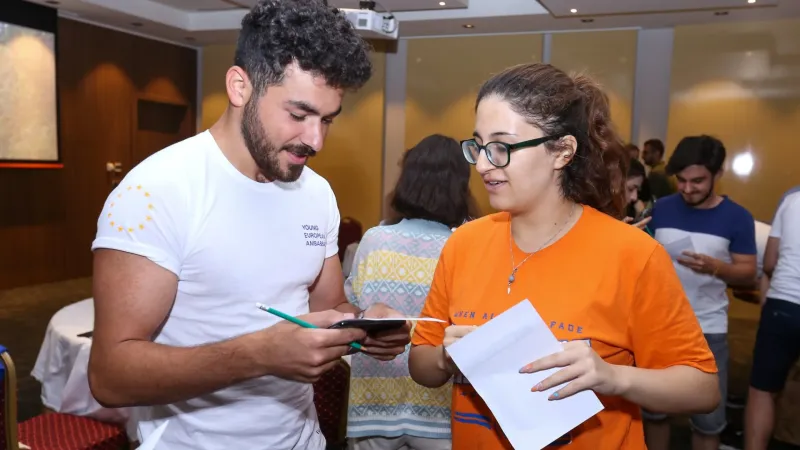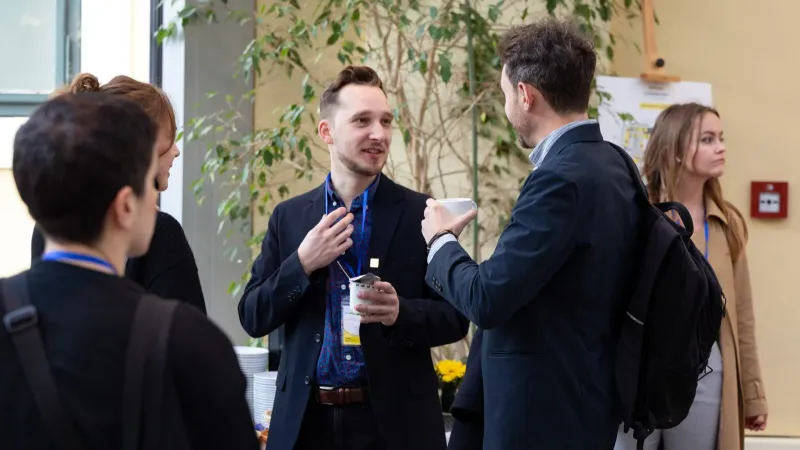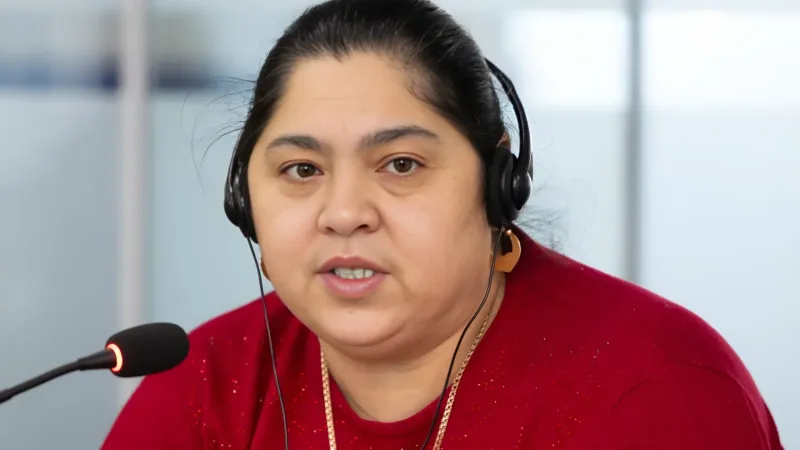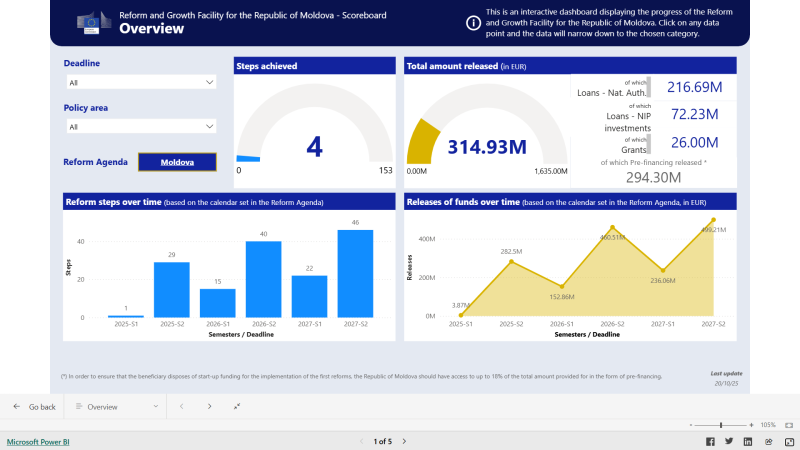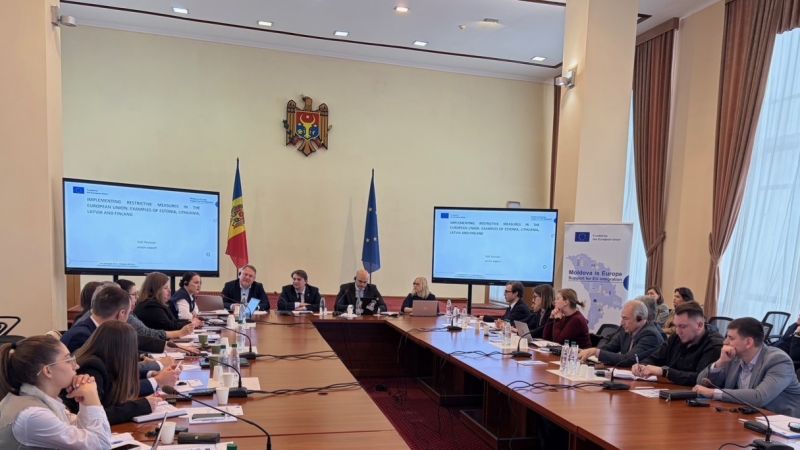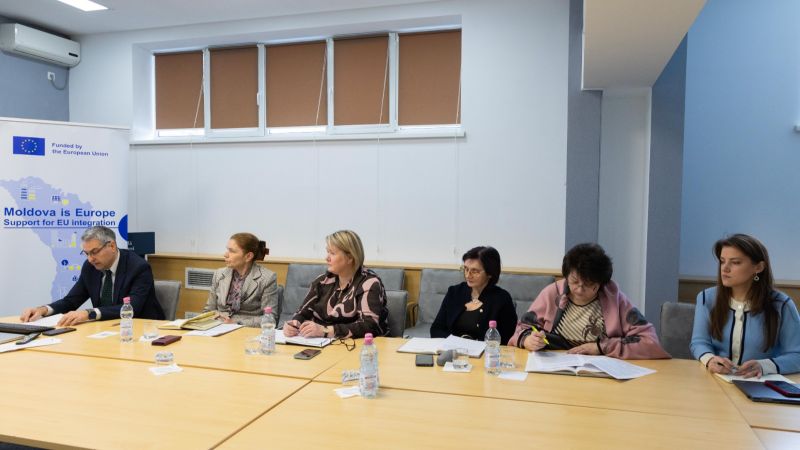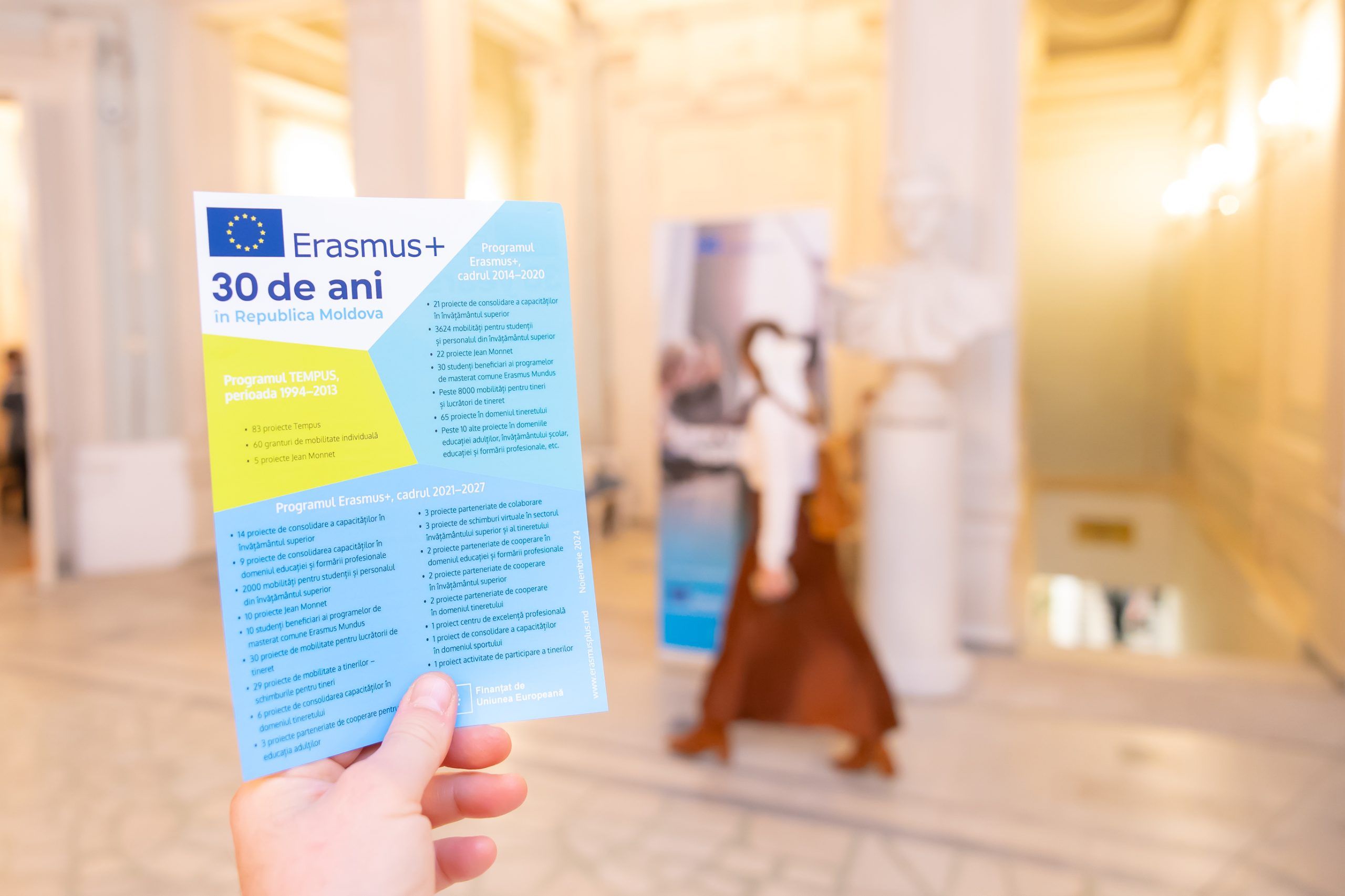
Programul Erasmus+ a marcat 30 de ani de activitate în Republica Moldova
Anul 2024 marchează o dublă aniversare pentru două programe ale Uniunii Europene: 30 de ani ai programului Erasmus+ în Republica Moldova și 30 de ani ai Fundației Europene pentru Formare (ETF). Cu această ocazie, Oficiul Național Erasmus+ în Moldova și ETF, în cooperare cu Delegația Uniunii Europene, au organizat un eveniment aniversar pe parcursul zilelor de 19 și 20 noiembrie.
În trei decenii, Programul Erasmus+ a avut un impact transformator asupra educației din Moldova: peste 5000 de studenți și profesori au beneficiat de mobilități academice internaționale, iar numeroase proiecte educaționale au fost implementate în universitățile, instituțiile de învățământ profesional tehnic, organizațiile de tineret și sport, aducând inovație și resurse valoroase. Până în prezent, grație suportului Programului Erasmus+ în Republica Moldova au fost implementate: 83 de proiecte Tempus, 35 de proiecte de consolidare a capacităților în învățământul superior, 37 proiecte Jean Monnet, 10 proiecte de cosdolidare a capacităților în domeniul VET, 6 proiecte de consolidare a capacităților în domeniul tineretului, 3 proiecte de schimburi virtuale în sectorul învățământului superior și al tineretului, etc.
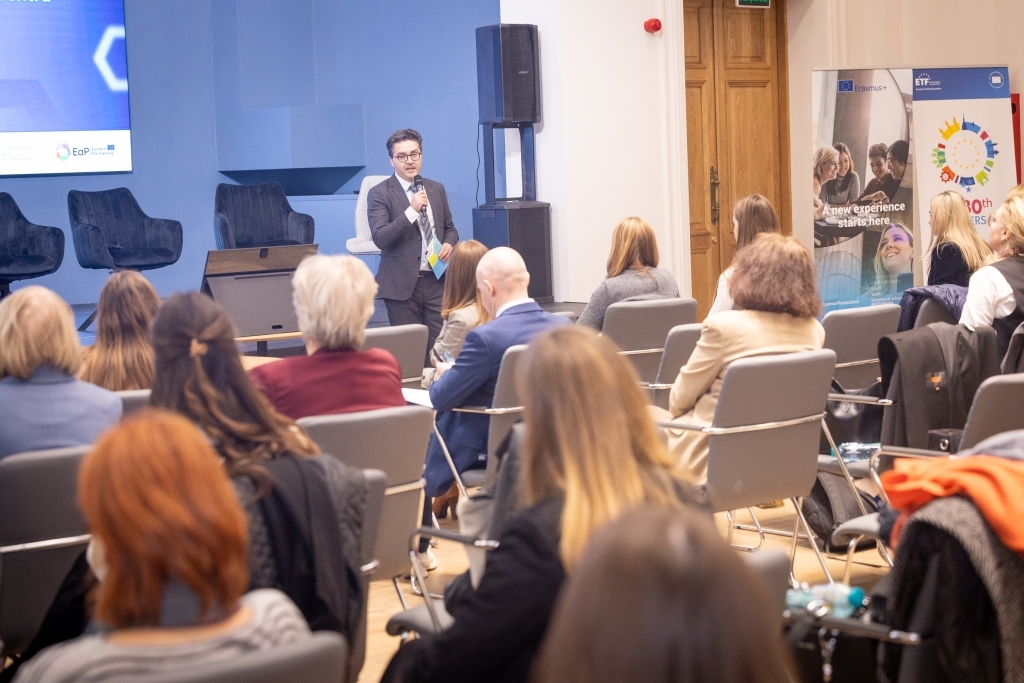
Pe de altă parte, în cei 30 de ani de activitate, Fundația Europeană pentru Formare a contribuit semnificativ la modernizarea sistemelor de educație și formare profesională în 28 de țări partenere, inclusiv în Republica Moldova, facilitând dezvoltarea competențelor adaptate pieței muncii. Fundația a sprijinit reforme educaționale, a promovat incluziunea socială și mobilitatea, și a contribuit la crearea de politici bazate pe date concrete. Prin parteneriatele sale, ETF a susținut creșterea economică și dezvoltarea capitalului uman, oferind expertiză valoroasă și consolidând dialogul politic între statele membre și țările partenere.
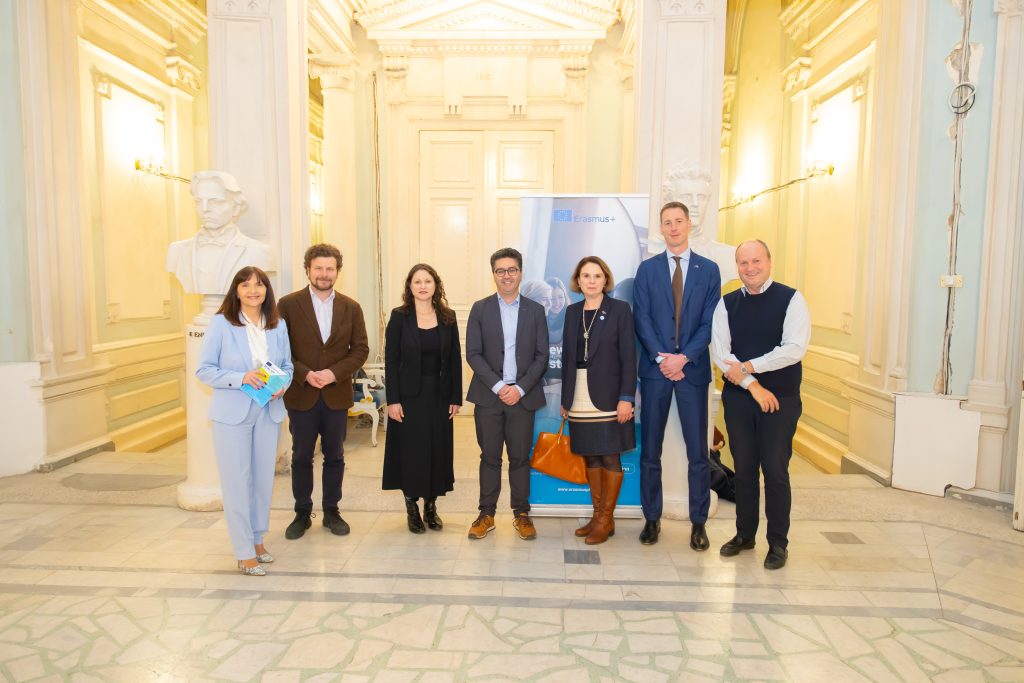
Această aniversare a devenit nu doar un prilej de celebrare, ci și o oportunitate de a reflecta asupra modului în care sprijinul Uniunii Europene a contribuit la transformarea sistemului educațional din Moldova.

Evenimentul a reunit factori de decizie, reprezentanți ai instituțiilor publice, membri ai organizațiilor societății civile, experți în educație, cadre academice și studenți, pentru a discuta despre progresul realizat și pentru a trasa direcțiile viitoare de colaborare.
